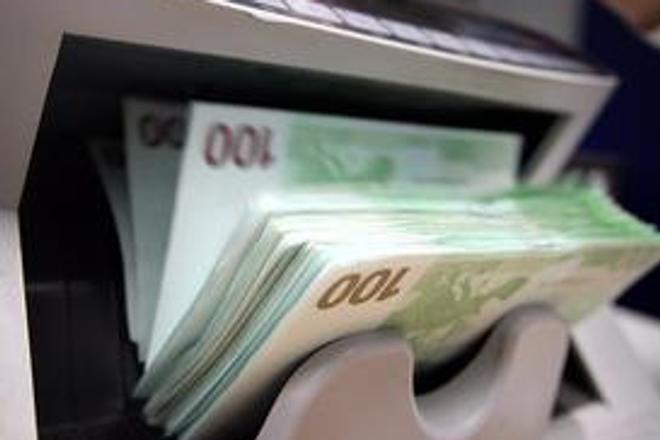The state wants more information about the bank accounts of businesses, wanting to intensify the fight against tax fraud and tax dodging. Business organisations as well as the Slovak Banking Association perceive the new legislation as a violation of bank secrecy and request that it is not adopted at all.
The Finance Ministry wants banks to send it and the Financial Administration detailed information on the bank account movements of all businesspeople once a year. It is proposing this new duty within an amendment to the Law on Solutions for Crisis Situations on the Financial Market. The new duty shall apply to all the information from the bank accounts that belong to companies, civic associations, foundations and the self-employed, affecting roughly 600,000 entities.
Both institutions claim that the data from the bank accounts will primarily serve for the fight against tax fraud. The inter-departmental review to this draft amendment ended on July 31. The parliament is scheduled to deal with it in the autumn.
The Slovak Chamber of Commerce and Industry (SOPK) as well as the Club 500 business organisation clustering large employers consider the flat provision of bank data to be a violation of bank secrecy as well as a fundamental violation of privacy and that this is happening when personal data protection in Europe in the form of GDPR is being tightened.
“Officers will have access to information not only about companies but political parties, churches and religious organisations, self-governments, civic associations and trade unions,” said Peter Mihók, chairman of SOPK as cited in the press release. “This is also information related to political affinities, affinity to trade organisations, religion as well as the health and shopping habits of people after the launch of electronic cash registers.”
Mihók believes that this would mean an unprecedented interference into basic rights and freedoms and increase the risk of abuse.
The Club 500 does not see any reason for the introduction of such a measure.
“Based on our information, nowhere in the European Union do finance ministries have blanket access to data in people's bank accounts,” said Vladimír Soták, chairman of the Club 500, as cited by the press release.
The business organisations have joined the Slovak Banking Association in criticism. It opines that the amendment does not specify the exact requirements of the state authorities, the control mechanisms, nor documentation of the purpose of using this data. It also means, in terms of all legal entities, breaching bank secrecy to benefit selected state institutions and thus proposes its complete withdrawal from the legislative procedure.
The National Bank of Slovakia (NBS) raised a number of fundamental comments too, aimed at the area of technical security of providing such data.
Fighting tax evasion and tax dodging
The Finance Ministry claims that the primary goal of data provision is to increase the effectiveness of the fight against tax evasion and dodging.
“The Finance Ministry and Financial Administration are thus observing the OECD’s long-term recommendations to gain more effective access to bank data,” said the Finance Ministry. ”The data will allow for more effective comparisons of the actual economic activity of tax entities with what they declare in financial statements and the tax declarations they submit.”
The ministry points out that more than half of companies, i.e. about 100,000, report zero corporate tax in the long term. The self-employed are in a similar situation, out of whom there are about 380,000 where the long-term stagnation of incomes indicates the so-called optimisation of real activities.



 (source: Sme)
(source: Sme)